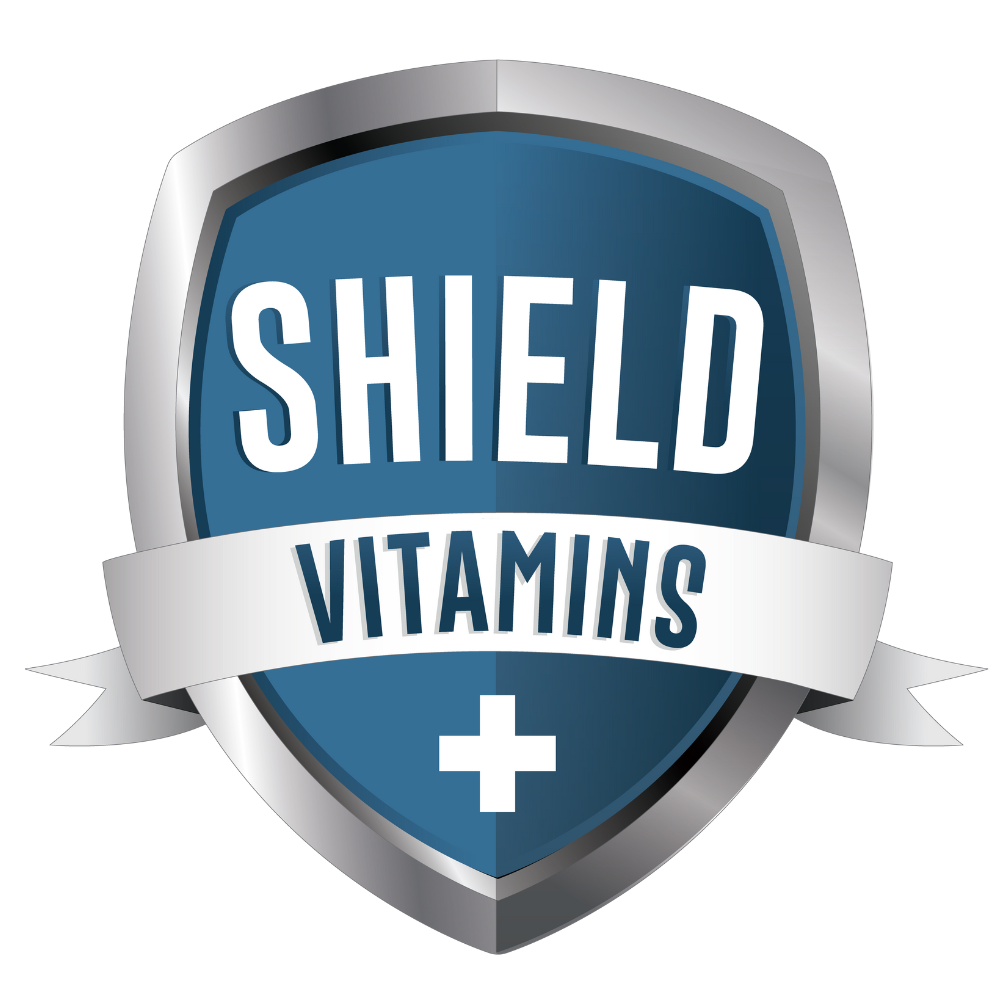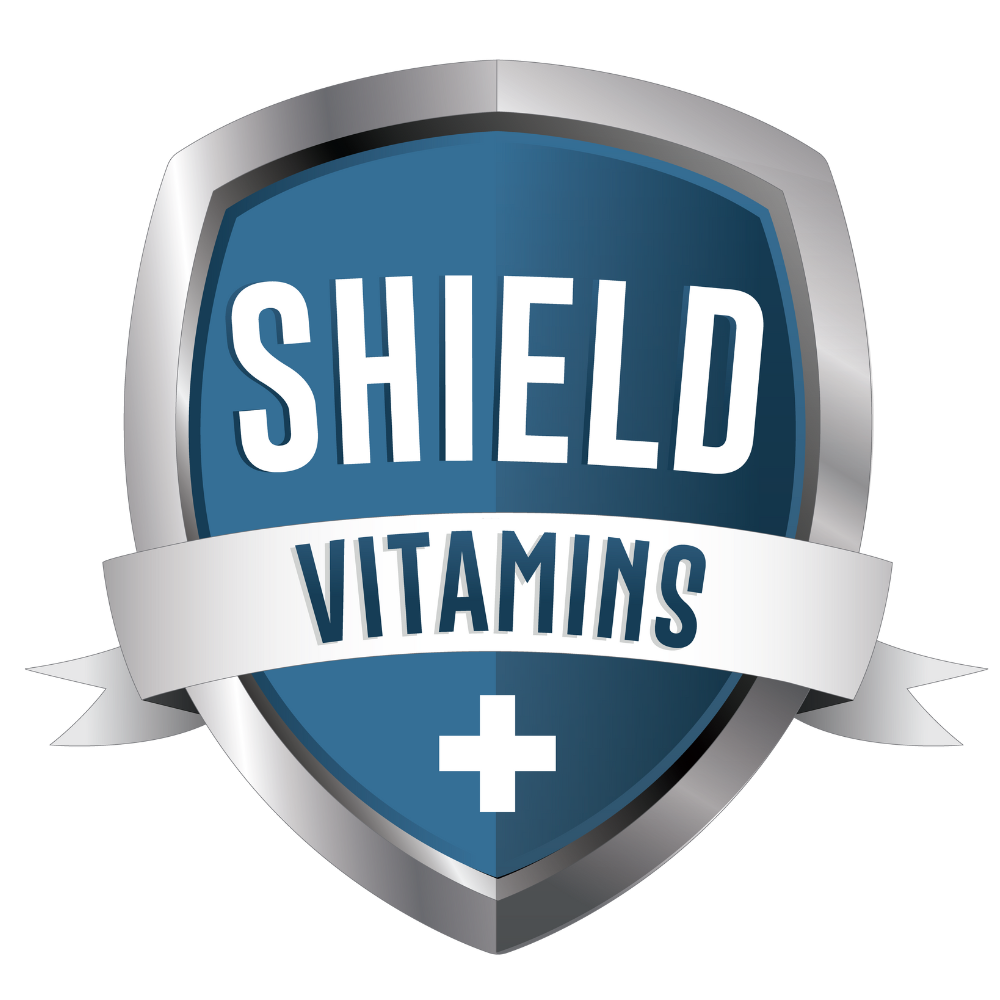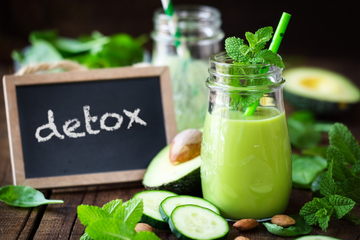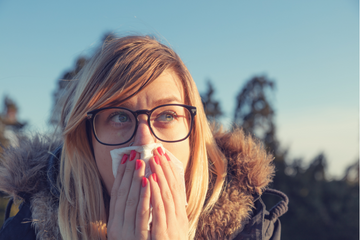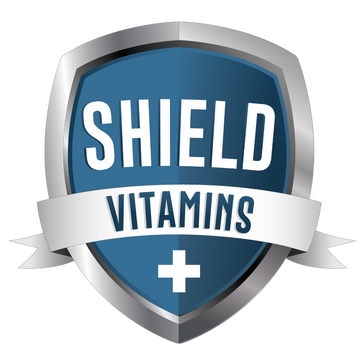Repeat after me, there is no such thing as detoxing your organs.
It is important you shield yourself from misinformation. Let's cut right to chase, detoxing your organs is a myth. In fact, a few of the products out there may actually do harm. There is no magic pill, potion, or elixir that will "detox" your liver, kidneys, or gastrointestinal tract.
Let me say it boldly: The term “Detoxing your organs” is a myth. Don't fall for the marketing hype!
Myth #1: Your body needs help to detox.
Fact: Your body does not need a detox program. It is designed to detoxify itself.
You see, your liver is already an extraordinary detoxifier. It's your internal chemical plant, working tirelessly to filter toxins and convert nutrients. Your liver, kidneys, and gastrointestinal tract are experts in natural detoxification—no over-the-counter products needed. Always consult a healthcare provider for an evidence-based approach to liver health. In other words, your body's got this if you treat it right!
So, how do you truly support these natural detoxifiers? Hydration is Key.
Hydration isn't just about quenching your thirst; it's about optimizing your body's natural processes. Appropriate hydration catalyzes many of the body's natural chemical reactions.
So drink up and let your body do what it does best!
Myth #2: Detoxing is a safe and healthy way to lose weight.
Fact: Detox diets can be dangerous and unsustainable.
Did you know that many liver detoxification products are marketed as weight loss cleanses? However, it's important to note that there is no scientific evidence to support the effectiveness of these cleanses. In fact, some dietary supplements can even be harmful to the liver and cause drug-induced injury, so it's crucial to use them with caution.
While it may be true that fruit and vegetable juice cleanses, fasting, and other detox regimens can help you shed a few pounds temporarily, this weight loss is mainly due to fluid losses and some loss of lean muscle mass, not actual body fat. And remember, if the diet is only temporary, so are the results.
Detoxes are not intended to be long-term eating patterns, which means that the results are not long-term either. Once you start eating normally again, the weight tends to come back, but it's usually just the fluid associated with glycogen storage, not actual body fat.
A detox can certainly have an impact on your body, but it may not be the impact you're hoping for. So, if you're considering a detox or weight loss plan, it's always a good idea to consult with your doctor first.
Myth #3: You can exercise to sweat out toxins.
Fact: Sweating is the body’s way of cooling itself, not ridding itself of toxins.
One of the more popular misconceptions about exercise is that you can actually sweat out toxins. While it may sound appealing to think that you can rid your body of harmful substances by working up a sweat, the truth is that sweat is mostly water with a little bit of salt.
The reality is, sweating is actually the body's way of cooling itself down, not detoxing. However, don't be disheartened! Exercise still plays a crucial role in detoxification by supporting liver health, which is the primary organ responsible for detoxifying the body. Remember, your liver is the real detox workhorse!
Myth #4: Detoxing can restore your health.
Fact: Indulging excessively can lead to long-term liver damage that even detoxification cannot reverse.
Consuming fried foods and sugary drinks can pose a challenge for the liver's processing capabilities, as an excess of these items can result in the accumulation of fat within the liver.
Once this fat begins to accumulate, it becomes a permanent fixture. Even if you manage to shed some body weight, the fat in your liver will persist. This condition is commonly referred to as non-alcoholic fatty liver disease.
Furthermore, if you consume alcohol, it can further contribute to the build-up of fat in your liver. The fat residing in your liver is akin to a one-way street. It can enter, but it can never exit. However, you can prevent the addition of more fat by adopting a nutritious diet and limiting your alcohol intake.
By transitioning to a wholesome, plant-based diet consisting of lean proteins, whole grains, fruits, and vegetables, you are likely to experience the numerous benefits that detox products often promise.
Myth #5: You cannot protect yourself against liver disease.
Fact: There are many preventive steps you can take to protect yourself against liver disease.
Create an action plan. Commit to shielding, and thus protecting yourself.
If you are truly dedicated to revitalizing your body, concentrate on consuming whole foods, staying hydrated, and cutting out processed junk from your diet. Your organs don't require a detox; they require you to make knowledgeable, smart decisions. You have to decide to be healthy and then follow through.
Decide and say to yourself, “I AM SHIELD STRONG”.
The Practical Steps:
- Dietary Choices: Fill your plate with foods rich in antioxidants, fiber, and healthy fats. Think of fruits, vegetables, lean protein, and whole grains. Your liver doesn't want a detox pill; it wants a balanced meal!
- Limit Alcohol: Listen, I'm not here to kill the buzz, but excessive drinking will put your liver on the ropes. Cut down or cut it out to help your liver flourish.
- Stay Active: Don't just sit there! Physical activity is not a luxury; it's a necessity. Aim for at least 150 minutes of moderate-intensity exercise each week. Trust me, your liver and heart will be your biggest cheerleaders.
- Avoid Over-The-Counter Pitfalls: Over-the-counter meds like acetaminophen are not candies. Excessive amounts can take a toll on your liver. Consult your healthcare provider before starting any medication. Also over the counter medicines like ibuprofen can cause kidney damage.
- Manage Weight: Obesity can pave the way for non-alcoholic fatty liver disease (NAFLD), a silent liver killer. Shedding those extra pounds isn't just about looking good; it's about holistic well-being.
In Conclusion: Focus on moderation and making sustainable lifestyle changes.
Instead of falling for the latest fad diets or detox programs that promise quick results, focus on moderation and making sustainable lifestyle changes that will benefit your overall health in the long run. This means eating a variety of nutrient-rich foods, staying hydrated, exercising regularly, and getting enough sleep.
By prioritizing these basic principles of health, you can support your body's natural detoxification processes and improve your overall well-being. Remember, taking care of your body is a lifelong commitment, so don't be swayed by quick fixes or trendy detoxes that may do more harm than good in the long term.
Make a commitment to yourself right now to prioritize your health and well-being by making small, manageable changes to your daily routine. Every little step you take towards a healthier lifestyle will make a difference in the long run.
It is never too late - or too early - to start prioritizing your body's detoxification and overall health. By sticking to the basics of health and making sustainable lifestyle changes, you can start living Shield Strong and feel your best both inside and out.
